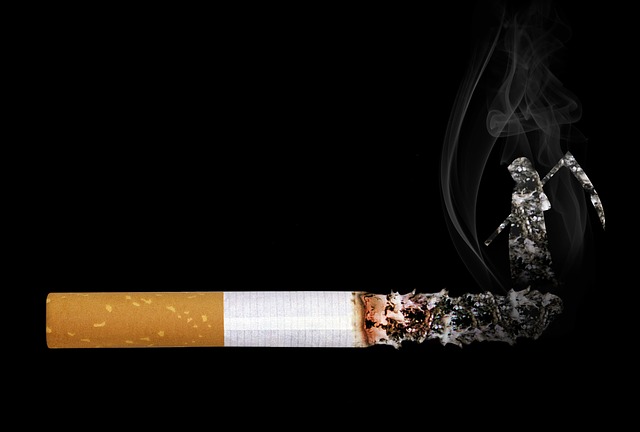Treatment of pneumonia - drugs, antibiotics, antivirals, inhalation?
According to the diagnosis and examinations, pneumonia is also treated taking into account the general condition of the patient. In immunocompromised people, children and the elderly, pneumonia is usually treated during hospitalization. Because if there are complications with breathing or problems with other vital signs, placement in an intensive care unit is necessary.
Most often at the initial diagnosis of pneumonia, regardless of the causative agent of the infection, we start the patient on antibiotics. In most cases, pneumonia is of bacterial origin. What the initial antibiotic treatment covers.
Thus, in the vast majority of cases, antibiotic treatment is essential. However, if the laboratory examination shows bacterial inflammation, antibiotic treatment is continued. Antibiotic susceptibility is also tested for to determine the appropriate group of active substance.
Complicated infections of viral origin are treated in the form of administering antiviral drugs. Alternatively, if the infection is mycotic, we start the patient on antifungal meds.In pneumonia of non-infectious origin, corticosteroids are most commonly used for treatment.
In addition, medication is given for associated symptoms. For example, antipyretics are used to reduce fever. Expectorants and mucolytics are used to facilitate expectoration and dissolve mucus. Antitussives are used against dry cough. Analgesics are used for pain.
Nebulization therapy, i.e. inhalation of small parts of the drug, is also suitable. In a hospital setting, oxygen inhalation may be used if necessary. Treatment usually lasts from 1 to 3 weeks, depending on the type of inflammation and the general course of the disease.

Of course, new regimens will also be necessary, such as bed rest, giving up smoking, no drinking alcohol. It is important to drink lots of liquid to avoid dehydration, epecially so in children. Make sure to get enough vitamins and minerals.
Learn more: Dehydration in children can be dangerous.
With difficulties and suspected pneumonia, an immediate professional examination is recommended. The course may be acute, i.e. sudden. Which can also mean a rapid deterioration of the state of health and a threat to health. In any case, home treatment of pneumonia and waiting for improvement of the discomfort is not recommended. Serious complications are imminent.
Reconvalescence, i.e. recovery and healing, can take several weeks. During this time, a person may experience fatigue and exhaustion, even after low-intensity exertion. Of course, it depends on the course and complications that accompanied the disease.










